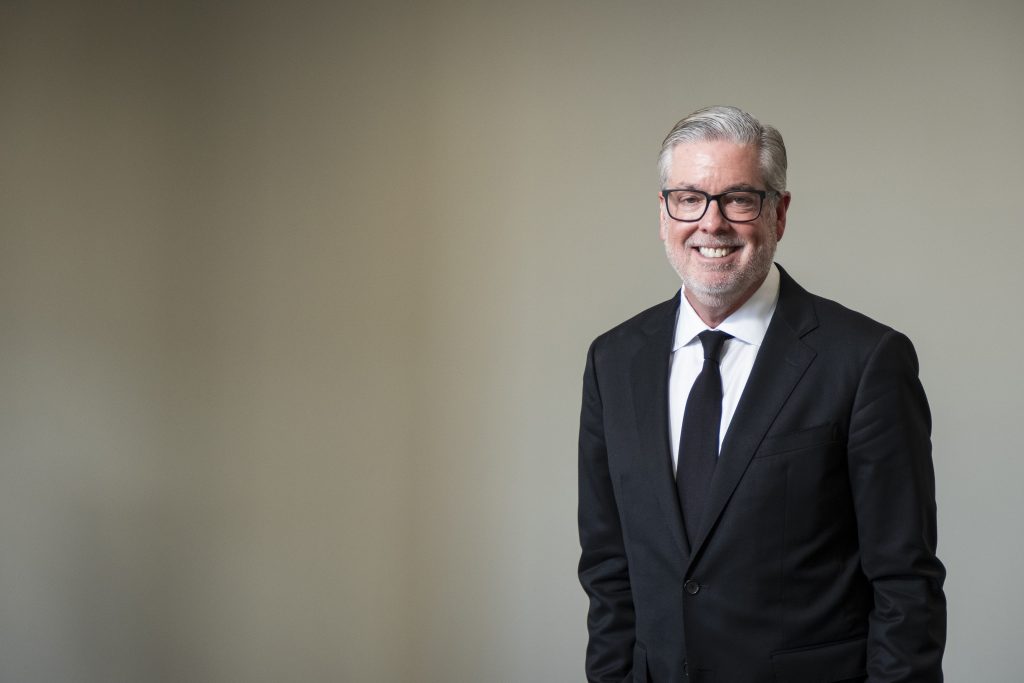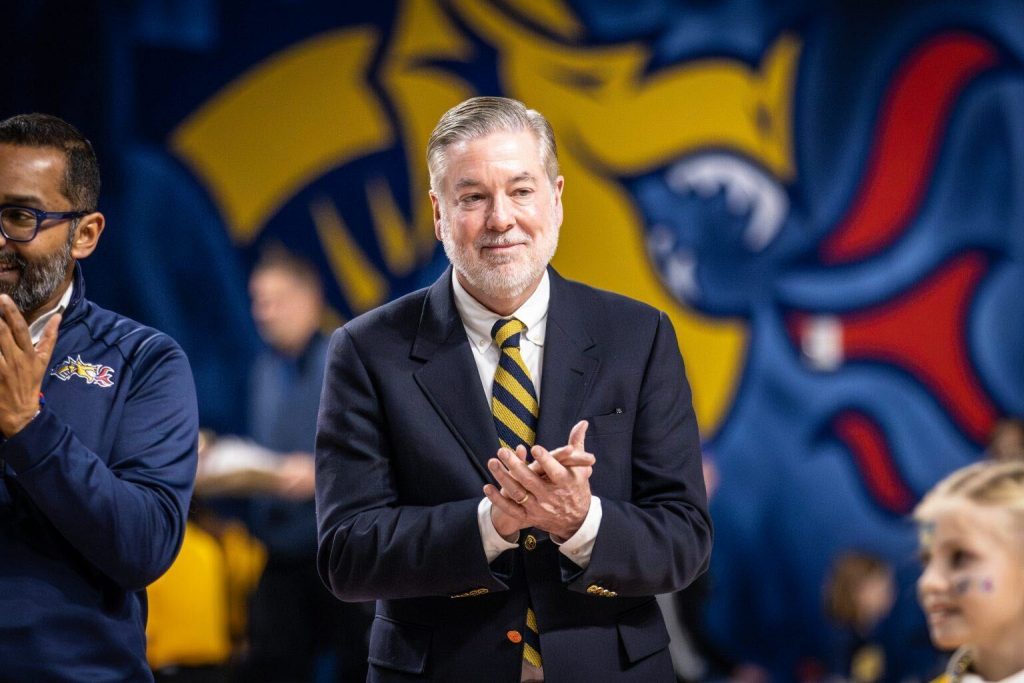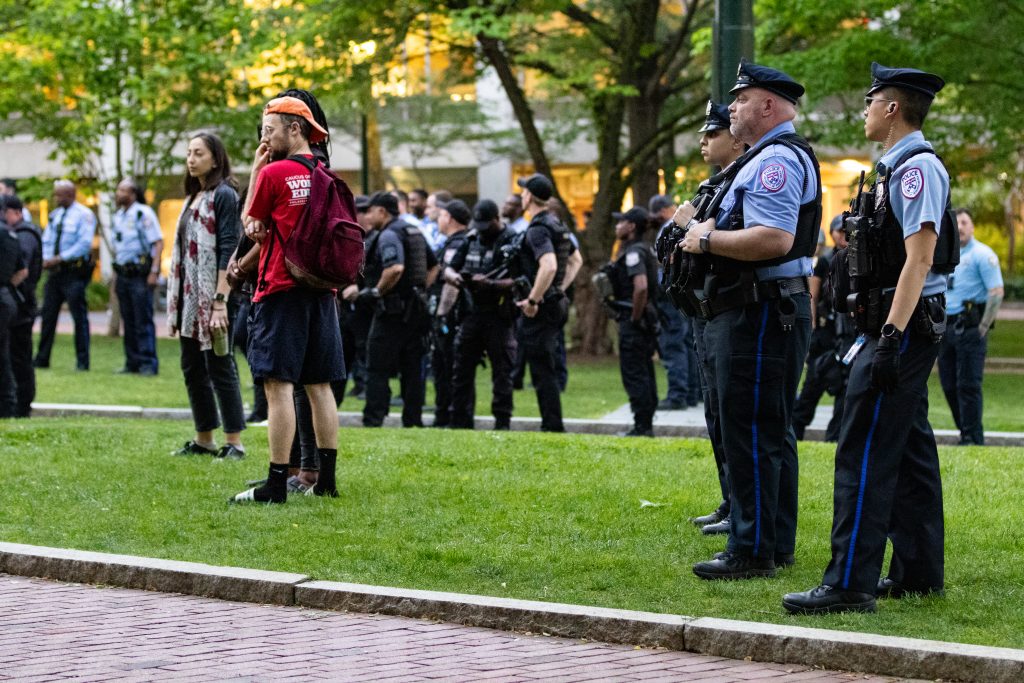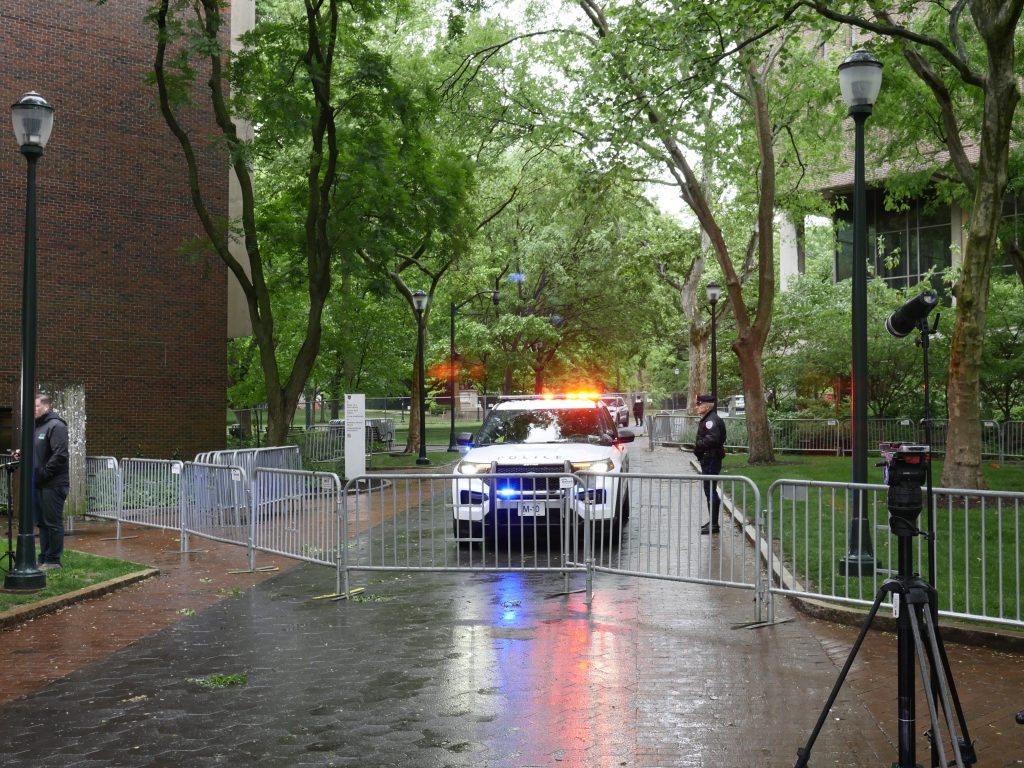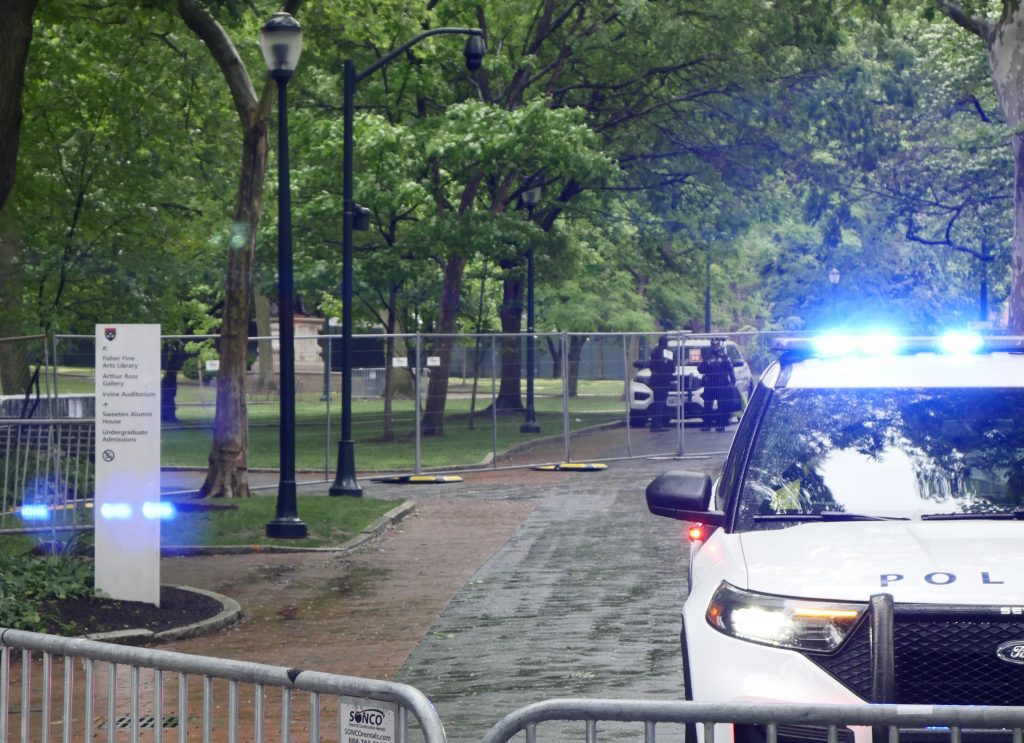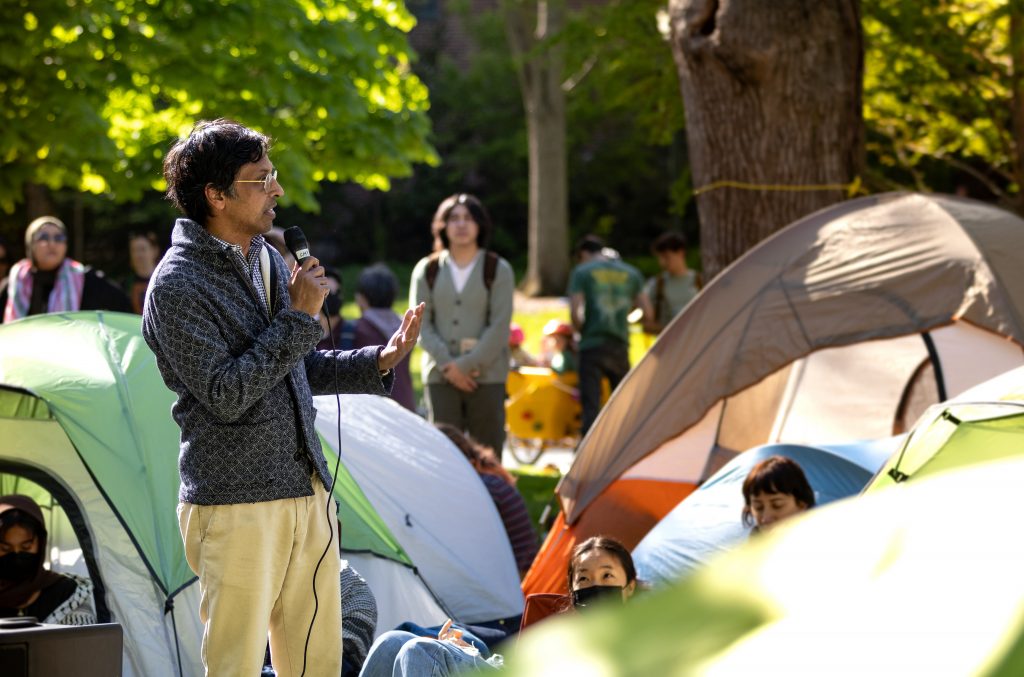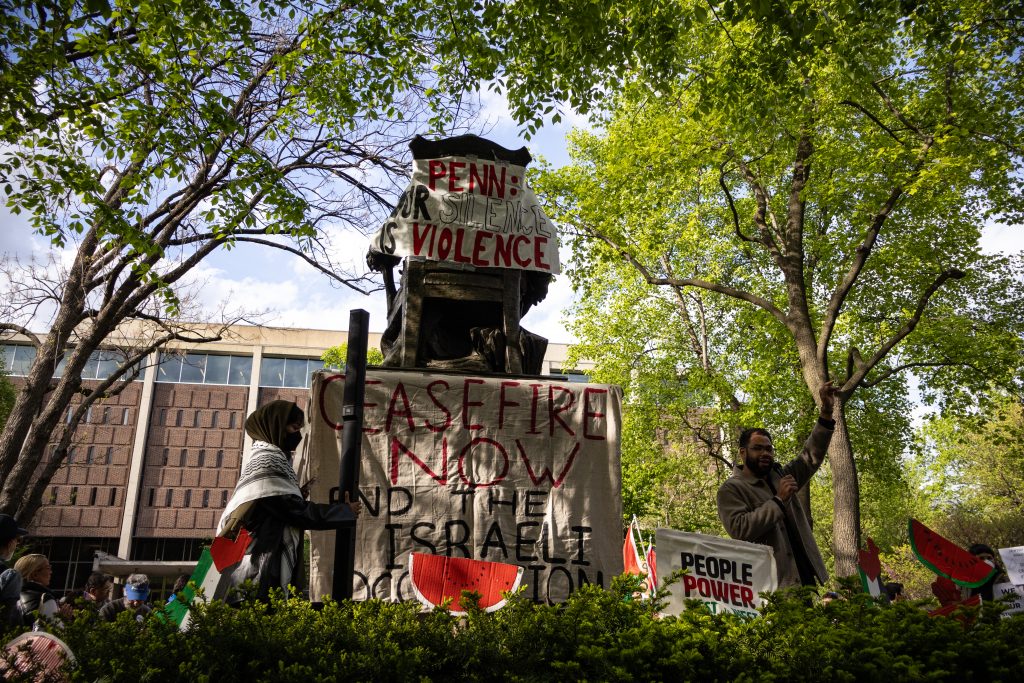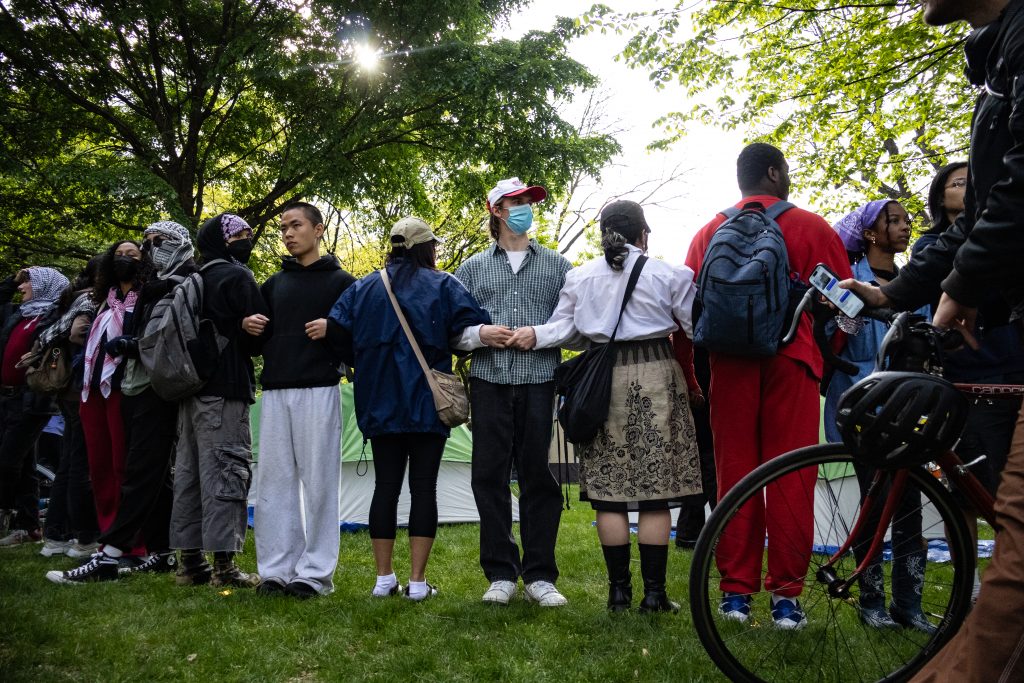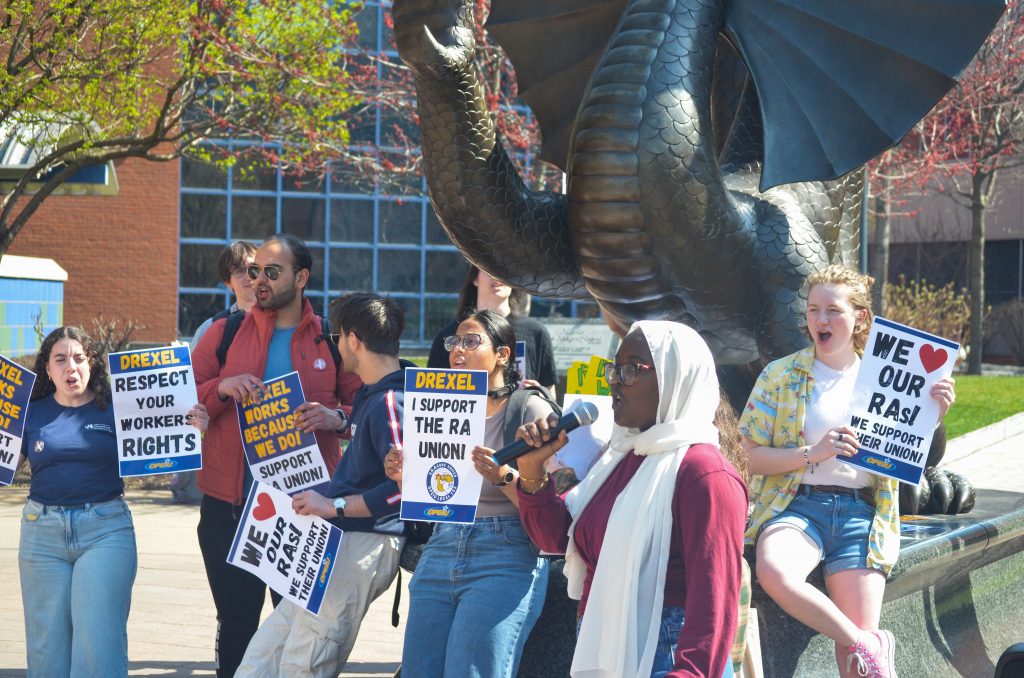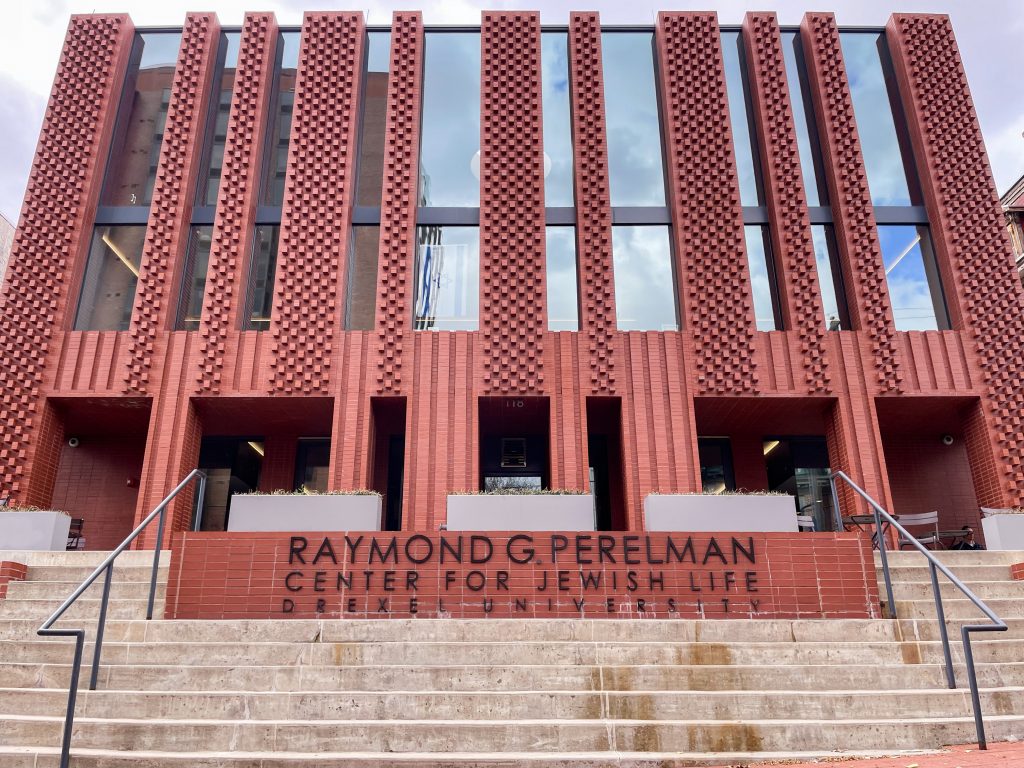
Because you are what you eat, I made this guide containing important information and my opinions on all the Drexel University dining halls, defined as any Campus Dining location that accepts meal swipes. Every first-year Drexel resident is required to purchase an All-Access dining plan. Exceptions can be requested for various medical, religious or dietary restrictions. Drexel Campus Dining offers a registered dietician to assist students with special dietary concerns. It is important to note that while an All-Access dining plan contains unlimited meal swipes, a meal swipe can only be used once every thirty minutes. There are three locations that accept meal swipes: Urban Eatery, Handschumacher Dining Center and the Cafe at the Perelman Center for Jewish Life.
Urban Eatery
Located on 34th and Lancaster Streets, Urban Eatery is the only dining hall open all week and for all meals. In the morning, it will offer bagels with whipped cream cheese, oatmeal, yogurt and fruits, scrambled eggs, waffles, pancakes, sausages, turkey bacon, potatoes or hashbrowns and an omelet station. From my experience, the bagel is a good option, and the pancakes are always reliable. The omelets may be a little greasy, but they are cooked to your liking with fresh ingredients. The scrambled eggs, however, always taste like plastic. I would recommend taking boiled eggs instead if they are offered. Dessert choices are usually donuts on Mondays, muffins or other pastries.
For other meals, diners can pick between sandwiches, pizza, salad, burgers or chicken. The salad bar is quite extensive. The burger line is always long, and while they often have few ingredients, they can be the only palatable option for a meal. The chicken, on the other hand, is always greasy and drier than the Sahara Desert, no matter what form it takes. The only exception is the grill station which serves either chicken pasta or chicken quesadilla depending on the day. They are simply greasy but not dry. To get a little variety, diners are given the option to choose from fried chicken and rice, chicken nuggets or a chicken sandwich. Take some fries to go along with it for some extra grease! Dessert options include pies and cakes.
Handschumacher Dining Center
The Handschumacher Dining Center is located on Chestnut Street across from the Papadakis Integrated Science Building. Hans is an excellent option relative to Urban Eatery, but it is only open on weekdays.
Breakfast mostly has the same items as Urban Eatery with a few important differences: Hans pancakes are cooked fresh and usually have toppings like chocolate chips or blueberries. Hans also offers real bacon instead of turkey bacon and sometimes has interesting combinations of eggs with other breakfast ingredients. Especially for students with morning classes near the Academic Quad, Hans can be a hidden gem!
Lunch at Hans certainly offers better, healthier options than Urban, but the routine can get boring throughout the year. There is always a station where diners can build their own bowls. Typically, they are hummus bowls, but burrito bowls and poke bowls have also been offered. There is also a fried food station that offers chicken tenders, cheesesteaks, grilled cheese sandwiches and fries. Despite being all-you-care-to-eat, Hans usually serves small portions at this station, and diners must get back in line for seconds. There is usually also a salad bar, made-to-order pasta, pizza, Southern food (described as comfort food by the station label) and a meat and veggies station. The real treat of Hans, however, is the dessert bar offering strawberry shortcakes, brownies, cookies and fresh smoothies and acai bowls. To shake things up, Hans has been participating in Sustainable Fish Fridays, where the pasta station temporarily transforms into a mini gourmet seafood station. In the past, Sustainable Fish Fridays has served linguini with oysters and rainbow trout. Make sure to arrive at eleven!
For dinner, Hans transforms from a normal dining hall to the Drop. To order from the Drop, students have to order a takeout meal on Grubhub. Options include a drink, a choice of side and an entree of burritos, salads, burgers and chicken tenders. Wait times can be long, so make sure to order ahead of time. The Drop sometimes hosts events like bingo or trivia night and offers prizes like free Grubhub credits and swag to winners.
The Cafe at the Perelman Center for Jewish Life
Located on 34th and Cherry Streets, Perelman is a hidden gem that accepts meal swipes and is the closest dining hall to the residence halls. Although it is the Center for Jewish Life, all students are welcome to eat, study and relax. Importantly, Perelman serves only kosher certified food to meet Jewish dietary needs. Because the food must be kosher certified, all food is catered from kosher restaurants, so it is guaranteed to have some level of quality control that Aramark, the company contracted to service Drexel’s dining locations, does not have. Make sure to stop by for lunch on Monday for sushi! Unfortunately, the Cafe at Perelman is only open Monday through Thursday for lunch and dinner, and its design necessitates a to-go model rather than an all-you-care-to-eat model.

